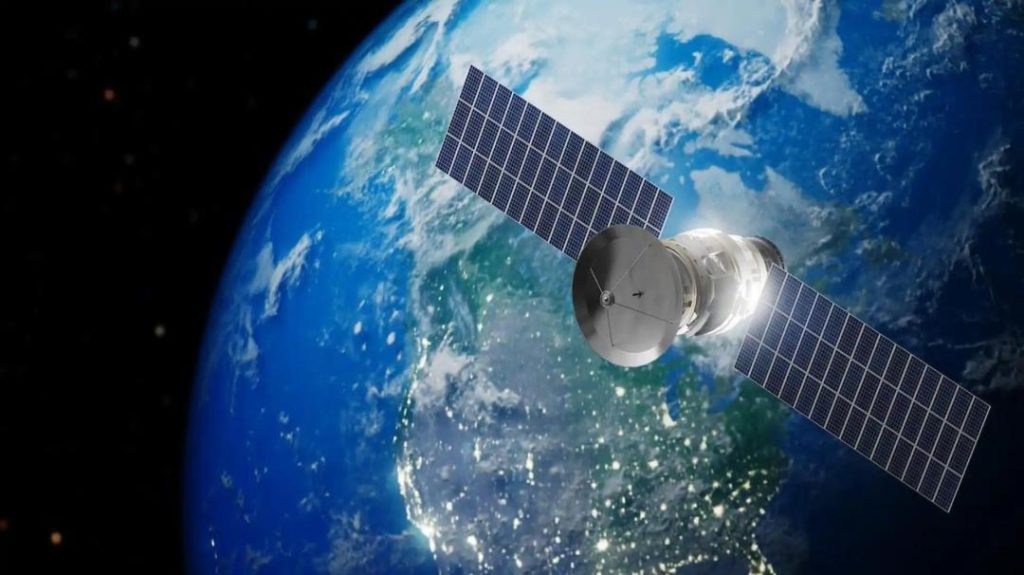
What are Space Pirates & How Can Satellites be Secured from Them?
The concept of space piracy may seem like something out of a science fiction movie, but it’s a very real threat to the world’s satellite infrastructure. Space pirates are individuals or groups that attempt to attack man-made satellites, either virtually or physically, using various methods. As satellites become increasingly important for communication, navigation, and other critical functions, securing them from these threats has become a top priority.
What are Space Pirates?
Space pirates are individuals or groups that engage in illegal activities, such as hacking, theft, or destruction, of satellites and other space-based assets. They may use various methods, including:
- Cyber attacks: Space pirates may hack into satellite systems to steal data, disrupt operations, or even take control of the satellite.
- Physical attacks: They may use missiles, lasers, or other weapons to physically destroy or disable satellites.
- Theft: Space pirates may steal components or entire satellites to sell on the black market or use for their own nefarious purposes.
Why are Satellites a Target?
Satellites are a lucrative target for space pirates because they are a critical component of modern society. They provide:
- Communication services: Satellites enable global communication, navigation, and broadcasting.
- Navigation: Satellites provide location and timing information for navigation systems, such as GPS.
- Earth observation: Satellites collect data on weather patterns, climate change, and natural disasters.
- Military applications: Satellites are used for military communications, surveillance, and reconnaissance.
How Can Satellites be Secured?
Securing satellites from space pirates requires a multi-layered approach, incorporating both ground-to-space operations and satellite-based defenses. Here are some ways to secure satellites:
- Encrypt data: Encrypting data transmitted between satellites and ground stations can prevent unauthorized access.
- Use secure protocols: Implementing secure communication protocols, such as secure sockets layer (SSL) and transport layer security (TLS), can prevent hacking.
- Monitor satellite health: Regularly monitoring satellite health and detecting anomalies can help prevent physical attacks.
- Implement intrusion detection systems: Intrusion detection systems can detect and respond to cyber attacks in real-time.
- Develop rapid response capabilities: Developing methods for quick space travel can enable rapid response to physical attacks.
- Collaborate with international authorities: International cooperation and coordination can help to prevent and respond to space piracy.
Rapid Response Capabilities
Rapid response capabilities are crucial for responding to physical attacks on satellites. According to experts, methods of quick space travel must be devised to ensure rapid response to these attacks. This may involve:
- Developing reusable spacecraft: Reusable spacecraft can reduce the time and cost of launching response missions.
- Improving propulsion systems: Advancements in propulsion systems, such as nuclear propulsion, can improve response times.
- Developing in-orbit servicing capabilities: In-orbit servicing capabilities can enable rapid repair and maintenance of satellites.
Conclusion
Space piracy is a growing threat to the world’s satellite infrastructure. Securing satellites requires a multi-layered approach, incorporating both ground-to-space operations and satellite-based defenses. By encrypting data, implementing secure protocols, monitoring satellite health, and developing rapid response capabilities, we can protect our satellites from these threats. As the importance of satellites continues to grow, it’s essential that we prioritize their security to ensure the continued reliability of our global communication and navigation systems.
News Source:
https://www.newsbytesapp.com/news/science/how-can-we-stop-space-pirates-from-attacking-satellites/story






